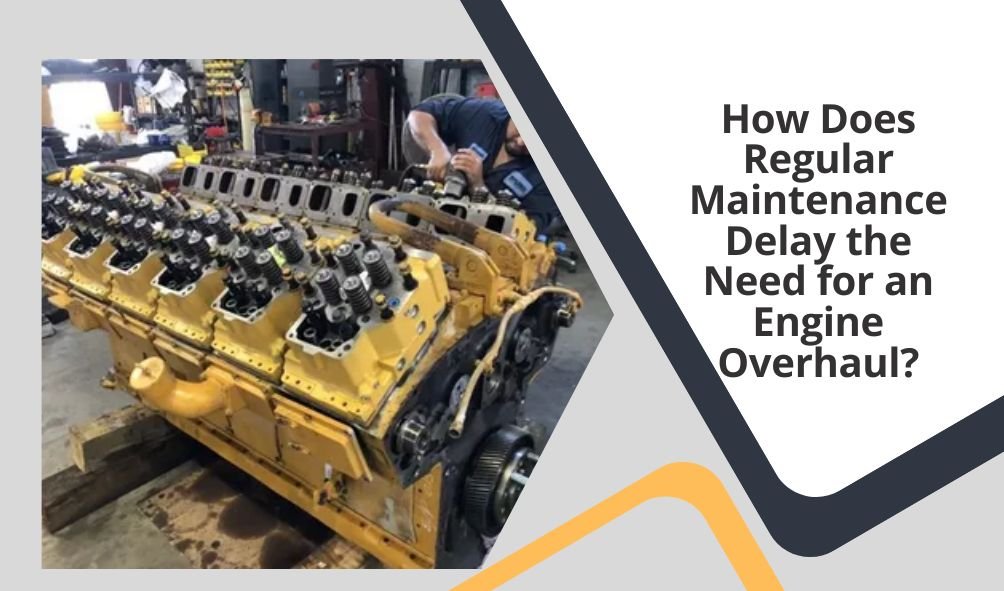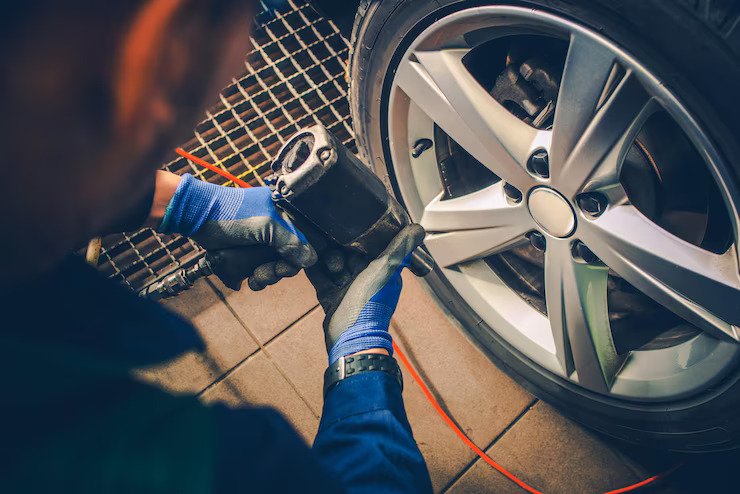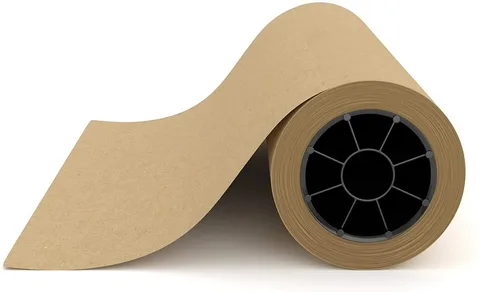How Does Regular Maintenance Delay the Need for an Engine Overhaul?
Maintaining a vehicle can sometimes feel like a chore, but regular engine maintenance is one of the most important things you can do to keep your car running smoothly. An engine overhaul is a costly and time-consuming process that can be delayed or even avoided altogether with proper care. In this blog, we will explore how regular maintenance can significantly extend the life of your engine, reduce the likelihood of needing an overhaul, and save you both time and money in the long run.
What Is an Engine Overhaul?
Understanding Engine Overhaul
An engine overhaul is a major repair process where the engine is completely taken apart, inspected, cleaned, and rebuilt with new or reconditioned parts. This procedure is usually needed when the engine has suffered severe wear and tear, and regular maintenance or minor repairs are no longer enough to keep it running properly. The purpose of an engine overhaul is to restore the engine’s performance and extend its lifespan.
Note: Regular engine overhaul and maintenance are essential for keeping your equipment in top condition and avoiding unexpected breakdowns. A timely overhaul can help restore your engine’s performance and efficiency, reducing operational costs in the long run. If you want to ensure that your equipment runs smoothly and effectively, rely on Sahara Equipments for professional overhaul and maintenance services designed to keep your engines performing at their best.
When Is an Overhaul Necessary?
An overhaul is typically required when the engine shows signs of serious problems like frequent breakdowns, excessive oil consumption, reduced power, or significant internal damage. In some cases, these issues arise due to neglecting regular maintenance tasks, which can lead to early wear on engine components.
The Importance of Regular Engine Maintenance
What Is Regular Maintenance?
Regular maintenance refers to routine check-ups and minor services performed on a vehicle to keep it in optimal working condition. This includes tasks such as oil changes, replacing air and fuel filters, checking and refilling fluids, and ensuring that the engine’s components are functioning properly.
Why It Matters
Maintaining your engine regularly is critical for several reasons. First, it helps detect small issues before they become bigger, more expensive problems. Second, it keeps the engine running smoothly and efficiently, preventing damage caused by wear and tear. Lastly, regular maintenance can significantly delay the need for major repairs like an engine overhaul.
How Regular Maintenance Can Delay an Engine Overhaul
1. Frequent Oil Changes
The Role of Engine Oil
Engine oil is the lifeblood of your engine. It lubricates the moving parts, reduces friction, and prevents overheating. Over time, oil can become dirty and less effective, which increases the chances of engine components grinding against each other and causing damage.
How Oil Changes Help
Regular oil changes ensure that your engine has clean, fresh oil to operate efficiently. By preventing friction and overheating, oil changes reduce wear on key components such as pistons, cylinders, and crankshafts. This simple maintenance task helps extend the life of your engine and delays the need for an overhaul.
- Recommended Interval: Most experts recommend changing the oil every 5,000 to 7,500 miles, but always check your owner’s manual for the manufacturer’s guidelines.
2. Replacing Air and Fuel Filters
Importance of Clean Filters
The air and fuel filters in your engine play a crucial role in keeping contaminants out. The air filter prevents dust, dirt, and debris from entering the engine, while the fuel filter ensures that only clean fuel reaches the engine’s combustion chambers.
How Clean Filters Protect the Engine
Dirty or clogged filters can reduce engine performance and efficiency, forcing it to work harder than necessary. Over time, this added strain can lead to premature wear and tear on engine parts. Regularly replacing these filters helps maintain proper airflow and fuel flow, reducing stress on the engine and preventing the need for an overhaul.
- Recommended Interval: Air filters should be replaced every 15,000 to 30,000 miles, while fuel filters may need replacement every 30,000 to 60,000 miles, depending on your vehicle’s make and model.
3. Monitoring and Replacing Fluids
Importance of Engine Fluids
Your vehicle relies on several fluids to function properly, including coolant, transmission fluid, brake fluid, and power steering fluid. These fluids help regulate temperature, lubricate various components, and ensure smooth operation.
How Regular Fluid Checks Help
Neglecting fluid levels can lead to overheating, corrosion, or failure of critical engine components. Regularly checking and topping off these fluids can prevent serious engine damage, reducing the likelihood of an overhaul.
- Recommended Checks: Check fluid levels monthly or before long trips, and replace them as needed based on your vehicle’s maintenance schedule.
4. Timing Belt and Chain Replacement
Role of the Timing Belt or Chain
The timing belt or chain in your engine ensures that the camshaft and crankshaft rotate in sync, allowing the engine’s valves to open and close at the right times. Over time, these components can wear out or break, which can cause severe engine damage.
How Replacement Prevents Major Damage
Replacing the timing belt or chain at regular intervals can prevent catastrophic engine failure. A broken timing belt can lead to bent valves, damaged pistons, or even a complete engine breakdown. By staying on top of this maintenance task, you can avoid costly repairs and delay the need for an overhaul.
- Recommended Interval: Most manufacturers recommend replacing the timing belt every 60,000 to 100,000 miles. Timing chains typically last longer but should still be inspected periodically.
5. Spark Plug Maintenance
Importance of Spark Plugs
Spark plugs are responsible for igniting the fuel-air mixture in the engine’s combustion chambers, which powers your vehicle. Over time, spark plugs can become worn, dirty, or corroded, leading to poor engine performance and increased fuel consumption.
How Spark Plug Maintenance Helps
Regularly inspecting and replacing spark plugs ensures that your engine runs smoothly and efficiently. Worn-out spark plugs can cause misfires, rough idling, and poor acceleration, all of which put additional strain on the engine. By replacing them when necessary, you can prevent unnecessary wear and delay an overhaul.
- Recommended Interval: Spark plugs should be replaced every 30,000 to 100,000 miles, depending on the type and manufacturer recommendations.
6. Inspecting and Replacing Belts and Hoses
Why Belts and Hoses Matter
Belts and hoses are essential for the proper operation of the engine’s cooling, power steering, and charging systems. Over time, they can become brittle, cracked, or worn out, leading to leaks, overheating, or loss of power.
How Regular Inspections Help
Inspecting and replacing belts and hoses before they fail can prevent serious engine damage. A broken hose can cause coolant to leak, leading to overheating and potential engine failure. By keeping these components in good condition, you reduce the chances of needing an engine overhaul.
- Recommended Interval: Inspect belts and hoses every 15,000 miles and replace them every 60,000 miles or as needed.
7. Regular Engine Tune-Ups
What Is an Engine Tune-Up?
An engine tune-up is a comprehensive service that includes checking and adjusting various engine components to ensure they are working correctly. This may involve replacing spark plugs, filters, and fluids, as well as inspecting belts, hoses, and sensors.
How Tune-Ups Extend Engine Life
Regular tune-ups help identify and address small issues before they escalate into major problems. They keep your engine running efficiently, reduce fuel consumption, and prevent unnecessary wear. By staying on top of tune-ups, you can avoid the costly repairs associated with an engine overhaul.
- Recommended Interval: Tune-ups are generally recommended every 30,000 miles, but this can vary depending on your vehicle’s make and model.
How Neglecting Maintenance Leads to an Engine Overhaul
1. Build-Up of Dirt and Sludge
Neglecting oil changes, filter replacements, and fluid checks can lead to a build-up of dirt, sludge, and contaminants in your engine. This can block essential components, reducing efficiency and causing overheating or mechanical failure. Over time, these problems can escalate, leading to the need for an engine overhaul.
2. Wear and Tear on Engine Components
Failing to replace worn-out parts, such as belts, hoses, or spark plugs, can cause severe wear on other engine components. For example, a broken timing belt can damage the pistons and valves, requiring extensive repairs or a complete overhaul.
3. Overheating and Engine Failure
Ignoring fluid levels and cooling system maintenance can lead to overheating, which is one of the most common causes of engine failure. Overheating can warp or crack the engine block, leading to costly repairs and the potential need for an overhaul.
Conclusion
Regular maintenance is the key to keeping your engine running smoothly and delaying the need for an overhaul. By staying on top of simple tasks like oil changes, filter replacements, fluid checks, and part inspections, you can prevent small problems from turning into major issues. Not only will this save you money on costly repairs, but it will also extend the life of your engine, improve fuel efficiency, and ensure a safer, more reliable driving experience.
In short, a well-maintained engine is a long-lasting engine. So, don’t wait until it’s too late—schedule regular maintenance for your vehicle and enjoy the peace of mind that comes with knowing your engine is in top condition.
For More Insightful Articles Related To This Topic, Feel Free To Visit: newstips.






